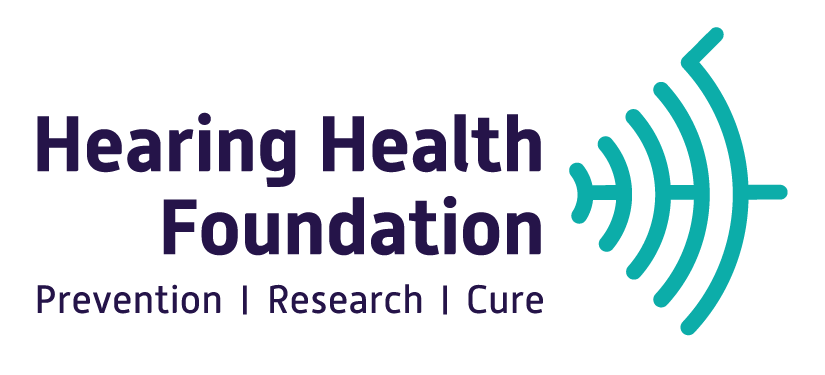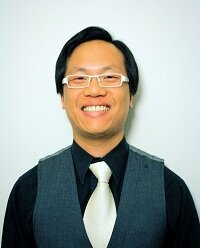Alan Kan, Ph.D.
Meet the Researcher
Alan Kan, Ph.D. is currently a Research Associate in the Binaural Hearing & Speech Lab at the University of Wisconsin, Madison. Kan received both his Ph.D. and Bachelors in engineering from the University of Sydney, Australia. Dr. Kan is a Royal Arch Masons award recipient. The Royal Arch Masons support Emerging Research Grants in the area of Central Auditory Processing Disorder (CAPD). See all researchers who have received or are currently receiving funding from the Royal Arch Masons.
The Research
University of Wisconsin, Madison
Exploiting the “better ear” in bilateral cochlear implants for improved speech understanding in noisy situations
A recent study investigating selective attention abilities in cochlear implant users may point to a novel new method for improving the understanding of speech in a noisy environment. In that study, cochlear implant users showed significant improvement in speech understanding when instructed to attend to a target talker in one ear and ignore an interfering talker in the other. For some, there was a “better ear” for listening which yielded an even greater improvement. The aim of this work is to evaluate the feasibility of a novel strategy that takes advantage of these observations. A “better ear” strategy is proposed that combines (1) attending to a target talker in the “better ear” with (2) processing that separates the target talker’s speech from a noisy background, and delivers the target talker to the “better ear” and the remaining sound scene to the other ear. We believe this “better ear” strategy will be a significant step towards closing the gap in speech understanding performance between bilateral cochlear implant users and normal hearing listeners, and has the potential to provide significant improvements in speech understanding in noisy situations for patients with bilateral hearing aids, bimodal aids and other types of hearing impairments. Notably, this work is particularly important and relevant for children fitted with cochlear implants since they need to contend with noisy environments, such as classrooms, every day. The ability to hear better in these environments will lead to improved long-term social and educational development for these children.
Research area: Cochlear Implants; Central Auditory Processing Disorder
Long-term goal of research: To close the gap in speech understanding performance between cochlear implant users and normal hearing listeners. The primary outcome of this study will help determine whether the “better ear” strategy will provide a significant benefit for cochlear implant users, and whether this strategy for listening is desirable. Positive results will provide an impetus for the development of new engineering solutions surrounding the implementation of this “better ear” strategy. In addition, our proposed experimental paradigm offers a unique opportunity to study auditory attention mechanisms used in understanding speech in noisy environments. This will help further develop our understanding of the human auditory system so that we can bridge the gap in hearing-in-noise performance between hearing impaired and normal hearing listeners.



